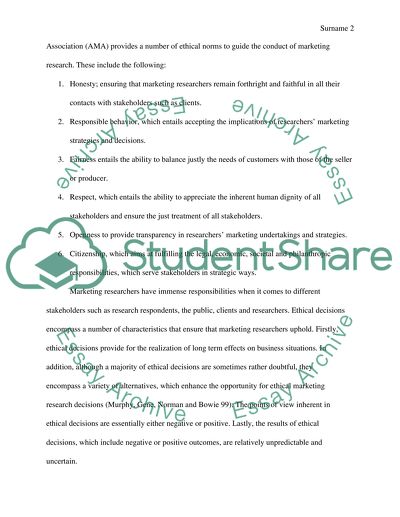Cite this document
(“Ethics in Marketing Term Paper Example | Topics and Well Written Essays - 1500 words”, n.d.)
Ethics in Marketing Term Paper Example | Topics and Well Written Essays - 1500 words. Retrieved from https://studentshare.org/marketing/1460243-ethics-in-marketing
Ethics in Marketing Term Paper Example | Topics and Well Written Essays - 1500 words. Retrieved from https://studentshare.org/marketing/1460243-ethics-in-marketing
(Ethics in Marketing Term Paper Example | Topics and Well Written Essays - 1500 Words)
Ethics in Marketing Term Paper Example | Topics and Well Written Essays - 1500 Words. https://studentshare.org/marketing/1460243-ethics-in-marketing.
Ethics in Marketing Term Paper Example | Topics and Well Written Essays - 1500 Words. https://studentshare.org/marketing/1460243-ethics-in-marketing.
“Ethics in Marketing Term Paper Example | Topics and Well Written Essays - 1500 Words”, n.d. https://studentshare.org/marketing/1460243-ethics-in-marketing.


